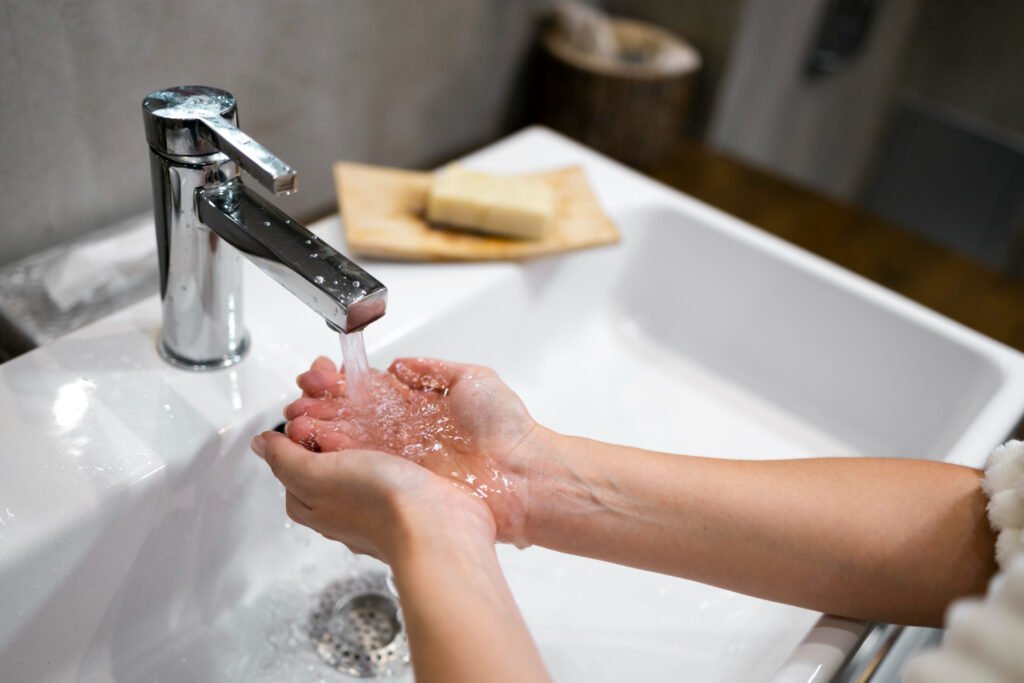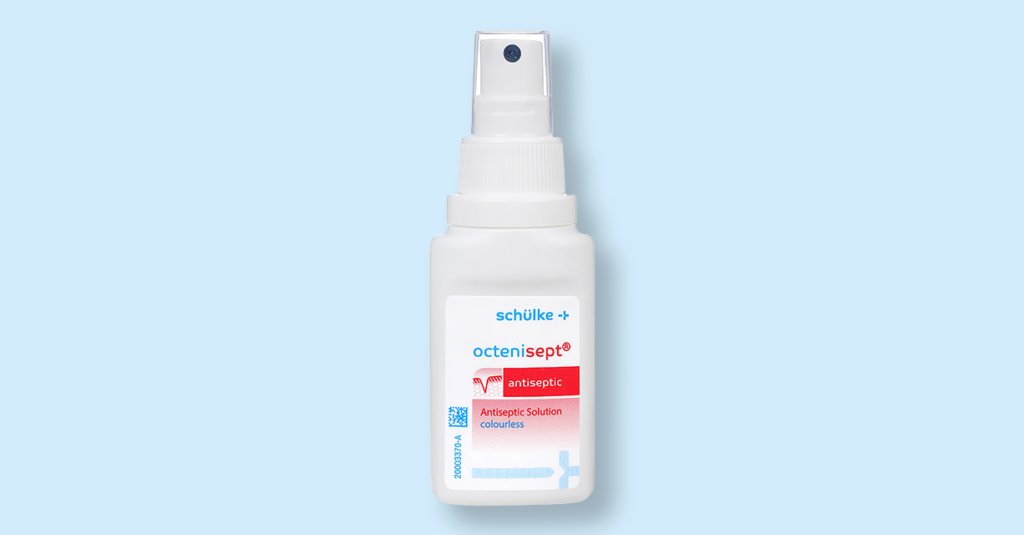When it comes to health, wounds, whether minor or major, are a common occurrence that require meticulous care. Cleaning wounds is crucial in warding off infections, especially in Singapore’s humid climate where bacteria can thrive. Various wound cleaning solutions, including wound gels and antiseptic sprays, have become accessible to the masses. This article delves into the most effective ways to clean wounds and the paramount importance of wound care.
Understanding Wounds
A wound, simply defined, is a break in the skin or an injury to underlying tissues. Depending on their origin, wound types can be classified as abrasions, lacerations, punctures, and more. The warm weather of Singapore accelerates the growth of bacteria, increasing the likelihood of wounds becoming infected if not properly cared for.
Principles of Wound Cleaning
The primary objectives of wound cleaning are to remove debris, curtail the bacterial count, and ultimately prevent infection. Moreover, wounds should be handled gently to avoid exacerbating the injury or causing additional pain.

1. Water: Nature’s Solvent
In many cases, clean lukewarm water serves as the first go-to solution. Especially in a clean environment like Singapore, tap water can effectively rinse out dirt. However, ensure that the water source is uncontaminated before using it for wound cleaning.
2. Cleanser: Gentle and Effective Wound Care
Cleansers, especially those formulated as wound cleansers, are a pivotal part of the wound cleaning process. These products are designed to cleanse without causing irritation, making them suitable for sensitive or broken skin. Unlike traditional soaps, which might contain fragrances or harsh chemicals, a good wound cleanser is mild and typically pH-balanced to mirror the skin’s natural acidity, reducing the risk of further damage or drying out the wound.
For those in Singapore, selecting the right wound cleanser is essential due to the country’s humid environment which can foster bacterial growth. A gentle yet effective cleanser can efficiently remove debris and contaminants without compromising the skin’s protective barrier. Always ensure to rinse the wound thoroughly after cleansing to prevent any residue, which could interfere with the wound’s natural healing process.
3. Hydrogen Peroxide: To Use or Not to Use?
Historically, many Singaporean households kept hydrogen peroxide at hand. While it’s famed for bubbling out debris, it might not always be the best choice. Excessive use can potentially damage tissues and delay the wound healing process. Instead, consider other wound cleaning solutions available in local pharmacies.
4. Saline Solution: A Safe Bet
For many healthcare professionals in Singapore, saline remains the gold standard for wound cleaning. Its mild nature ensures debris is washed away without harming the skin’s delicate cells. Preparing a saline solution at home is straightforward: dissolve a teaspoon of salt in a litre of boiled, then cooled, water.
5. Antiseptic Solutions
Singapore’s pharmacies are stocked with a plethora of antiseptic solutions, including popular wound gels and antiseptic sprays. These products target bacteria, ensuring the wound environment remains uncontaminated. When selecting a wound care product, it’s essential to read the label, consider any allergies, and if in doubt, consult a pharmacist or doctor.
6. Homemade and Natural Solutions
Singaporeans, with a rich cultural heritage, often turn to traditional remedies. Natural solutions like honey and aloe vera have proven antibacterial properties. However, they should be used discerningly and ideally in conjunction with medically-approved wound cleaning solutions.
How to Care for Wounds
Post-cleaning care is paramount:
- Dressing the Wound: After cleaning, use a sterile bandage or gauze to cover the wound, protecting it from external contaminants.
- Regularly Change Dressings: In Singapore’s humid climate, dressings can become damp quickly. Regular changes, especially if the dressing becomes wet or dirty, are crucial.
- Monitor for Infection: Watch out for signs like increased redness, swelling, pus, or if the wound feels warm to touch. Seek medical attention promptly if these symptoms appear.
- Limit Sun Exposure: Direct sunlight can darken the scar. If the wound is in an exposed area, shield it from the sun to reduce the risk of hyperpigmentation.
- Stay Hydrated and Eat Well: A balanced diet and adequate hydration can expedite the healing process.
Learn more about how wound care works.
Wound care, especially in the tropics of Singapore, requires diligence. The use of effective wound cleaning solutions, such as wound sprays and antiseptic sprays, can aid in rapid and safe healing. Always remember, while traditional remedies have their place, it’s essential to strike a balance with modern medical advice.





